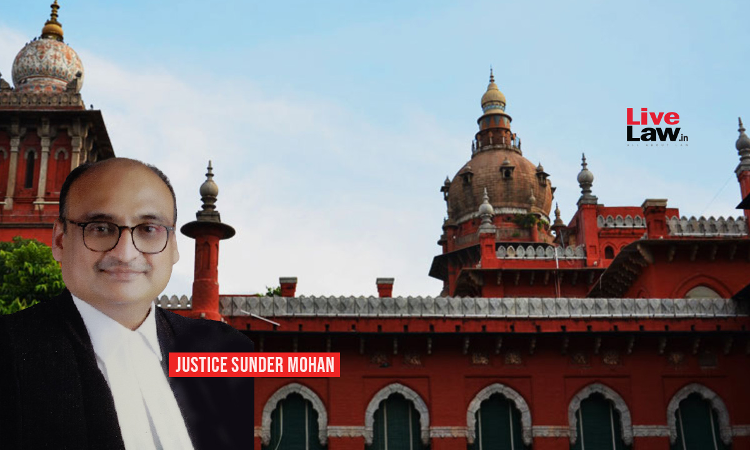The Madras High Court, in a judgment delivered in a criminal appeal, laid down certain significant principles relating to the examination of witnesses (who are unable to speak) under Section 119 of the Indian Evidence Act.For context, as per Section 119 of the Indian Evidence Act, if a witness cannot speak he/she can give evidence in any manner which can make it intelligible, such as by...

